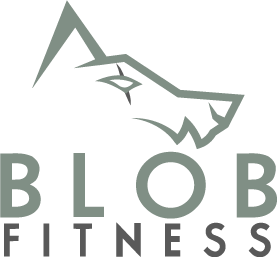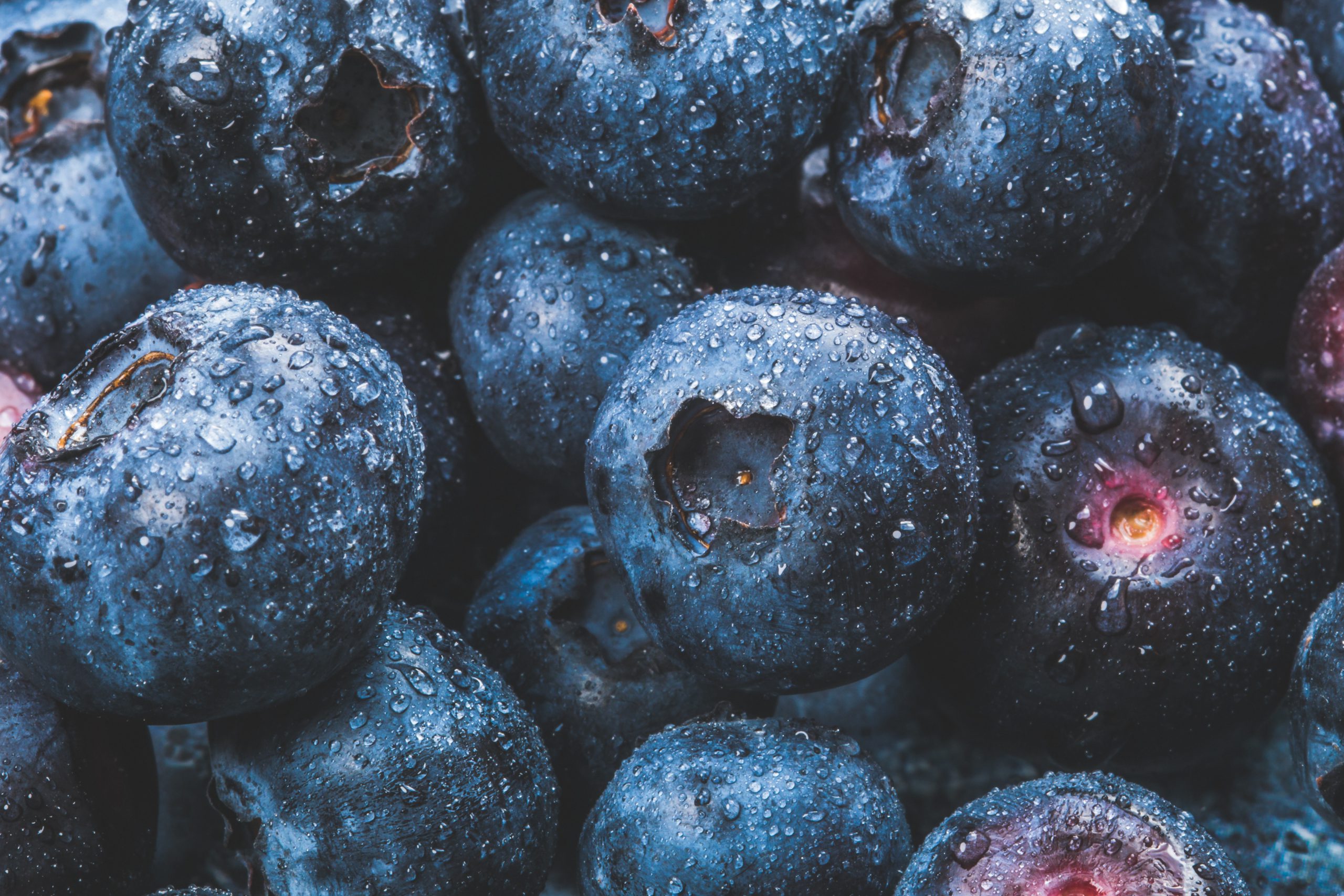
Principles to create a perfect diet is one of the first steps to create a diet that leads to good health. A good diet can make you feel good, feel energetic, and a feeling as if you can take on the world. A bad diet can make you feel terrible and even potentially lead to mental health issues. (1)
So what's considered a good diet? More importantly, what's the perfect diet for you? Is it just calories in and calories out and maintaining a proper body weight? Is it eating "clean foods"? or is it a fad diet that you've come upon but haven't really tried? We're going to break down the principles of what makes a perfect diet for you and how you can achieve it.
Principle 1 to a Perfect Diet: Calories In and Calories Out
Calories in and calories out is a basic measure of how many calories you're putting into your body and how much you're burning off.
Why is calories in and calories out important? Well, the main purpose of it is to determine if you're gaining, losing, or maintaining weight.
Simply, if you intake more calories then you burn, then you will gain weight. If you intake fewer calories then more you burn, you will lose weight. If you intake around the same amount of calories that your burn, you will be maintaining weight (or gaining/losing by a small amount)
I can go into more depth and consideration in an equation like this, but it's usually broken down as simply as this.
Figuring out though if you're trying to gain, lose or maintain weight is important. This will give you a key to how many calories you have to intake. If you don't know how many calories you have to intake, check out my calorie calculator.
For more details on losing weight and gaining weight, check out this article on how to lose weight easily in a step by step process.
Summary: Figure out how many calories you need to intake to meet your goals.
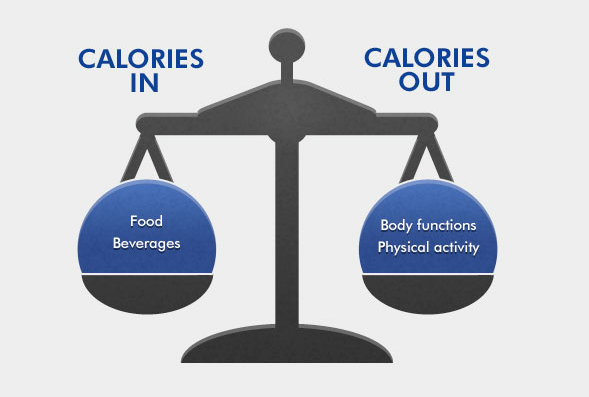
Principle 2 to a Perfect Diet: Figuring out Macronutrients
Okay, so you figured out how many calories you need to intake.
Here is where things get fun and the fad diets start to come into play though.
Macronutrients are broken down into the following:
- Protein (4 calories)
- Carbohydrates (4 calories)
- Fat (9 calories)
Macros play a very important part of your nutrition and will dictate the foods you intake. They also play an important part in how your body functions.
Note: I wrote an article stating Why are Macros Important. It goes into more detail about macros then I will be going in this article. So if you wish to find out more, please read that.
As well, if you already read the article, feel free to scroll down a bit more to see what macro range is perfect for you.
Protein
Protein is one of the main building blocks in terms of building muscle.
Someone who is doing a vegan diet, may not get the adequate amount of protein they need and will also probably be deficient in some micronutrients. Not having the correct amount of protein, for example, can lead to muscle loss, weakness, and other issues.
However, someone on a keto diet, who intakes low carbs, high protein, high fat may sometimes intake too much protein. This can also lead to issues like protein being broken down into sugar (taking you out of keto (2)) and can lead to weight gain.
The recommended amount of protein to make sure you’re not in a deficient is 0.8 grams per kg or 0.36 grams per pound. For someone who works out regularly, you want around 1.5-2.0 grams per kg or 0.65-1 gram per pound. (Assuming you're working out)
So correcting your protein intake is the most important step.
Carbohydrates
Carbohydrates are something else that plays a big role in your bodily functions, especially when it comes to Fiber.
Someone who's doing a keto or vegan diet may get a lot of fiber in their diet which is great for them. Someone who's doing flexible dieting, may not get as much fiber as they really need.
Fiber can play an important role in your vitals too. Fiber (Soluble) actually binds to cholesterol and sugar which slows down carbohydrate digestion. Fiber also helps with stabilizing your blood sugar levels and protect against heart disease.
A good rule of thumb is to intake 10 grams of fiber per 1000 calories in your intake. So if you're intaking 2000 calories a day, you should be getting 20 grams of fiber a day.
Fat
Fat is the macronutrient that gets a bad rep mainly cause of its name. We think fat will make us fat which is not true. We know excess calorie intake will cause weight gain.
What makes fat dangerous though is that 1 gram of it is worth 9 calories. More then carbs and protein. So it's a bit easier to go overboard with fat and accidentally intake too many calories.
Fat isn't all that bad though, especially when you intake the correct ones. Like monounsaturated and polyunsaturated fats. Healthy fats can also play a part in helping with other vitals as well.
What Macro Range is Perfect for me?
So the question is, what macronutrient range is best for you? Well, it all depends on what's sustainable for you and your health status. We already stated, having a specific amount of protein is important. So you should know that already. If you need to figure out your protein range (or range of macros in general), check out the macro calculator to get your range.
Now how about fats and carbs? When adjusting your fat and carbs, you should consider the following:
- Sustainability
- Health status
Principle 3 to a Perfect Diet: Sustainability
A sustainable diet is a diet that is easy for you to control your calorie range and not make you fall too short or too high of your calorie goal. To me, sustainability isn't achievable without having foods that also make you happy as well though.
I know plenty of people who do keto diets because it's sustainable for them. They don't do flexible dieting because they can easily go overboard and eat too much. And you know what? That's perfect for them.
They like the food they eat, and they manage to be able to easily keep in their calorie range with feeling in control.
For me, flexible dieting is perfect for me. I don't like limiting my carb intake. If I do keto or something else, I'm not happy with the foods I intake, then I'll "cheat" on my diet and be mad at myself. That's not right and will only lead down a slippery slope.
If your diet is not sustainable, you won't be happy with it because you won't be able to follow it and you probably won't be hitting your calorie range.
For me, my current macros are:
- 142g Protein
- 159g Carbs
- 100g fat
That's good for me and easy to hit those goals. However, if I feel like too many carbs allows me to lose control and dip too far out of my calorie range, I can limit it. I can easily adjust it and do the following:
- 142g Protein
- 40g Carbs
- 159g fat
They both lead to 2100+ calories a day and I'll be maintaining my weight without an issue.
All calculations are from the macro calculator.
Sustainability should be your main diet goal.
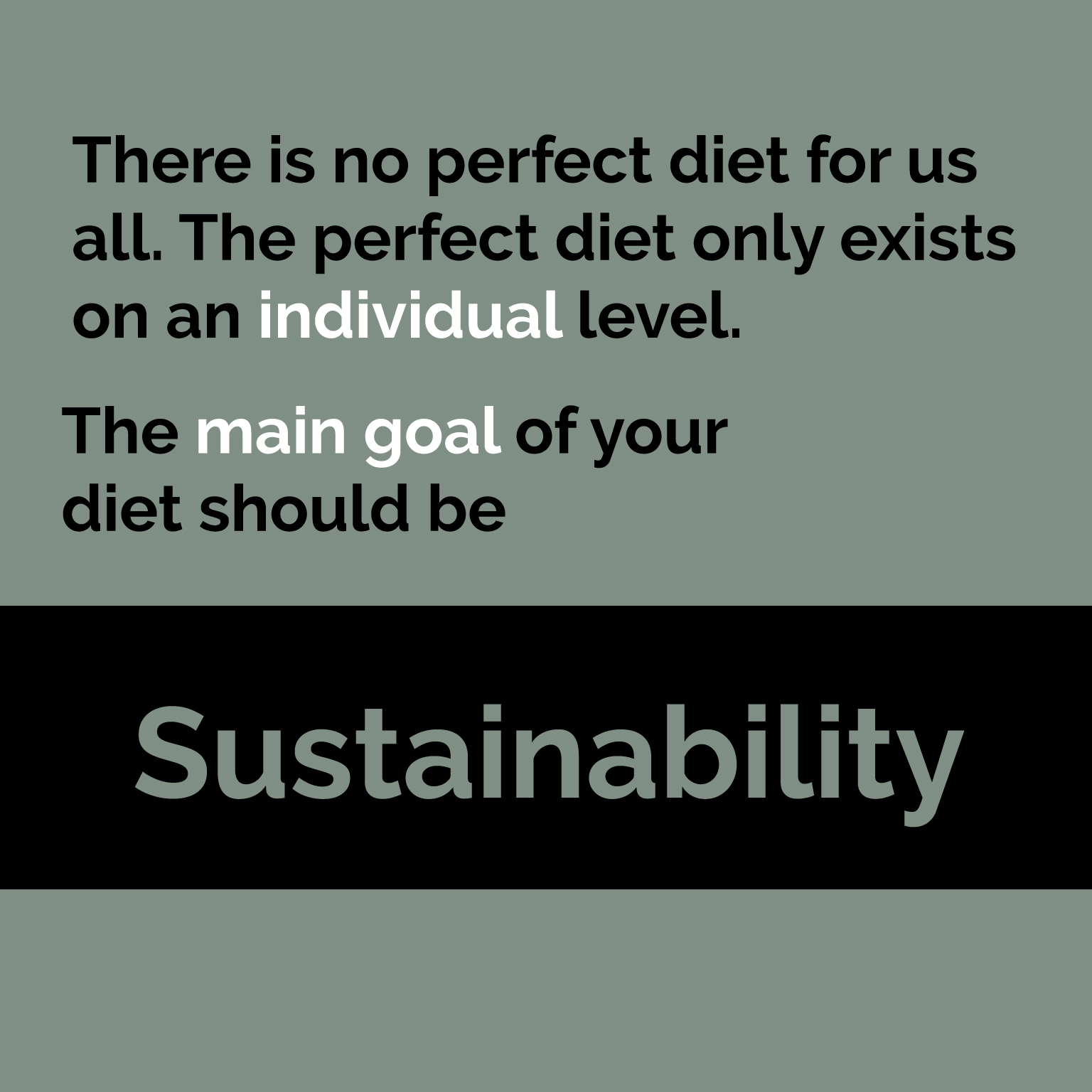
So what's sustainable for you?
To find that out, you would need to experiment. I would recommend doing something like flexible dieting first and then from there if you find it's not sustainable for your goals, try limiting certain foods. If that still doesn't work try going on something on the more extreme side. I think it would be harder to go extreme and then keep adding in food to see what's sustainable but that's up for you to decide.
For example, if you're doing flexible dieting first and you feel that you can't help but keep indulging on carbs, try limiting your carb intake. You don't have to be "keto" you can just be in a low carb state and you would readjust your macros and compensate carbs for fat. It may be easier for you now to maintain your calorie range and hit your macro goals while also it being easy for you to follow.
Health Status
Okay, so we know sustainability is the most important part. However, what happens if you have some type of underlying condition like diabetes or anemia?
Well, now we have to take that into consideration. If you're someone who's diabetic, eating things like carbs can get a bit tricky. Depending on your health you need to adjust your carbs, fat, and protein in a way that benefits you.
I believe also knowing your family history should be something you take into consideration. Maybe you're someone who's prone to being diabetic or have high cholesterol. So maybe you need to be limiting carbs, intaking more fiber, and/or more healthy fats than other people.
Note: It may take some time to figure out what is sustainable for you. So don't be upset at yourself if it takes some time to figure out. Keeping adding or eliminating food and play around with your macronutrients in a way that you know is healthy and sustainable. As well, if you do have any history of health issues or underlying conditions, please consult your doctor about what foods can benefit you.
Principle 4 to a Perfect Diet: Micronutrients
Anyone who's remotely into fitness takes some type of multivitamin and thinks they're all good. Which in some cases, they are. However, this isn't always the case.
I believe micronutrients is one of the underrated factors of your diet. For example, if you're a vegan you could potentially be anemic and not be intaking enough iron.
I think the first step is to go get a test on your micronutrients. See if you're deficient in anything. If you're deficient in anything, try getting your diet to add more of that micronutrient(s) to your system.
You can also be too sufficient in a micronutrient and you may need to take out that micronutrient from your system. For example, I'm too sufficient in Vitamin B12. Most multivitamins are stacked with vitamin B12. so knowing that I'm not taking my multivitamin anymore. I try to personally get most of my micronutrients from food rather then multivitamins unless I'm truly deficient in it.
I think Health Status is important here as well. Trying to get micronutrients that benefit you and what you're lacking is important. For example, if you're anemic you'll need more iron in your diet. So you may need to intake more liver or an iron supplement. Maybe you're deficient in vitamin D (Which a lot of people are and multivitamins don't have that much) you may need to take a vitamin D supplement or just get out more often.
You want to find what you need and don't need it. Take out what is useless for you and put in what's good for you. Dieting in the end all comes down to a balance.
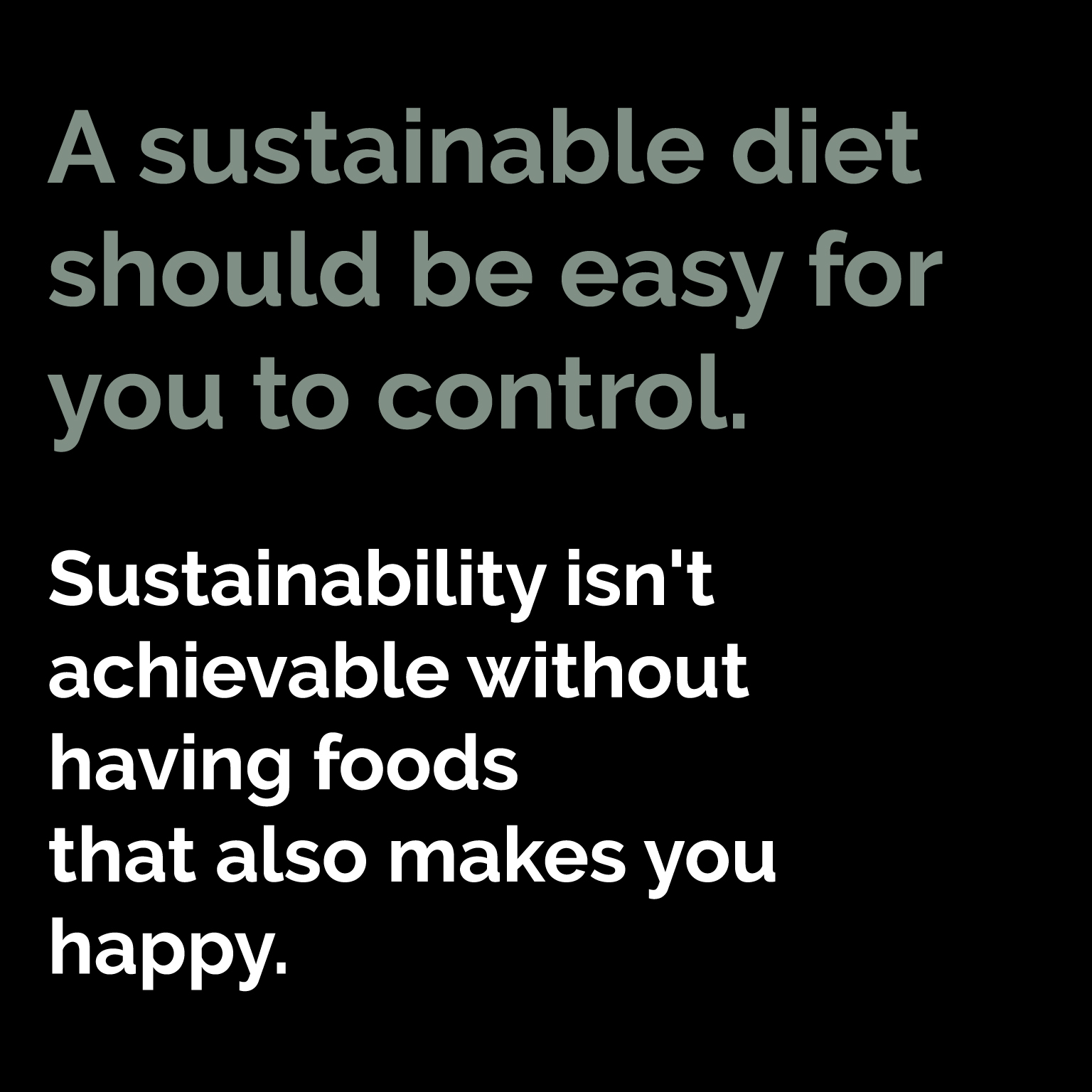
Principle 5 to a Perfect Diet: A Balancing and a Lifestyle
A perfect diet should consist of balancing calories, macronutrients, micronutrients in a way that is sustainable for you. A diet is more of a lifestyle rather than something you do every couple of months. Your diet should make you happy with the foods that you eat but not make you go overboard in any category that can leads to future issues down the line. If that is to be a more extreme diet like Keto, that's okay as long as it's sustainable for you and you're meeting your macronutrients and your micronutrients don't take a beat in any way. A perfect diet will also make you feel like even if you "cheat" on it, it's okay. You know you'll get back on it the next day because it's sustainable.
Final Thoughts
This article covers a lot but also not enough. Look out for future articles detailing different ways to improve your diet. As well, you can find out more on some of the other topics by checking out the articles I wrote on calorie intake and macronutrients.
There is no perfect diet for all of us. The perfect diet only exists on an individual level.
You may have expected this article to go into foods that will overall benefit you, which it doesn't. This article mainly goes into the principles of creating a perfect diet and my idea of a perfect diet. Be on the lookout though for future articles detail foods that can usually improve your overall health.
A quote from Bruce Lee that I believe sums up the perfect diet is this: "Absorb what is useful, reject what is useless, add what is essentially your own".
Put things into your diet that benefits you. Reject what you don't need. Add in things that are essentially your own and make you happy.

References
- Li Y, Lv MR, Wei YJ, Sun L, Zhang JX, Zhang HG, Li B. Dietary patterns and depression risk: A meta-analysis. Psychiatry Res. 2017 Jul;253:373-382. doi: 10.1016/j.psychres.2017.04.020. Epub 2017 Apr 11. PMID: 28431261.
- Masood W, Annamaraju P, Uppaluri KR. Ketogenic Diet. [Updated 2020 Jun 22]. In: StatPearls [Internet]. Treasure Island (FL): StatPearls Publishing; 2020 Jan-. Available from: https://www.ncbi.nlm.nih.gov/books/NBK499830/
Photos:
- Photo by Ylanite Koppens from Pexels
- https://i.pinimg.com/originals/e0/33/55/e03355774c802e6b94d0a85596f5206e.jpg
Get a Free Guide!
Similar Posts
This article on dieting myths debunked will help you understand the main myths to avoid for clarity on your dieting journey.
This article discusses the importance and how to create a nutrient dense diet, rich in vitamins, minerals, and antioxidants, boosts health and vitality.
Explore the crucial interplay of Vitamin D3, Magnesium, and K2 for optimal health, and learn how these nutrients enhance bone, heart, and immune health.
